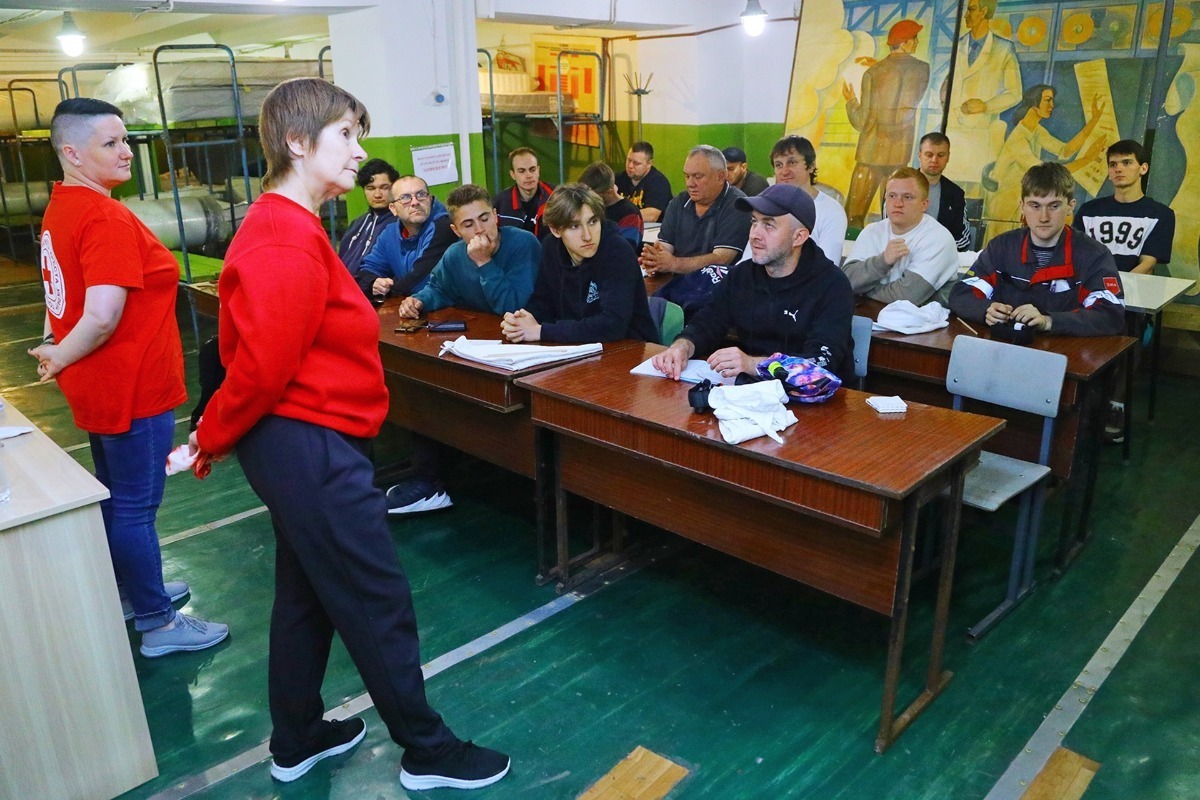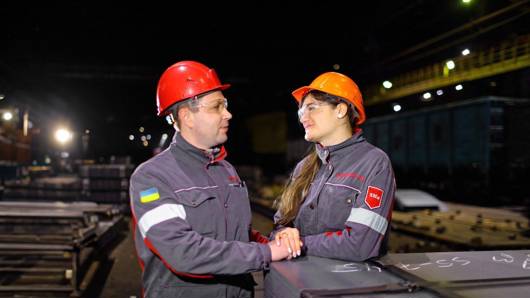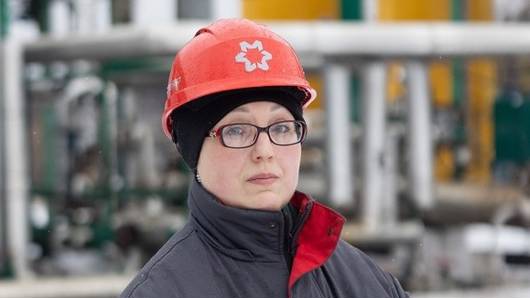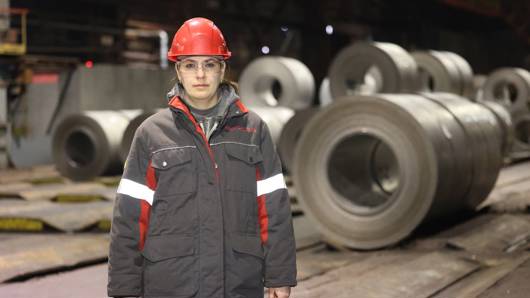Ukraine has been in a state of the full-scale war for three years now and has been suffering from Russian shelling for 10 years. This time and the events caused by Russia's military aggression naturally make us reassess the need for knowledge and skills in certain areas. In particular, the ability to provide first aid in peacetime was more of a useful bonus for Ukrainians, but today it is a hard necessity.
At Zaporizhstal, employees are regularly trained in first aid, including bleeding control, cardiopulmonary resuscitation, etc.
Last week, Zaporizhstal employees began large-scale training sessions that will last until mid-July. The organisation of training is a natural response of the enterprise to the current risks. Based on the results of the training, the trained Zaporizhstal employees will form first aid units in the plant's shops.
"First aid units will be set up in each structural subdivision, separately for each production shift," said Oleh ASTAFIEV, Zaporizhstal's HSE Director. "This approach will allow us to respond most quickly in the event of an emergency. Employees will be able to provide first aid right at their workplaces. This will significantly reduce the risks of adverse effects of military and industrial incidents.”

Together with experienced doctors, steelmakers are currently studying the theory and practising their practical skills in providing first aid to themselves and others. In different scenarios, the training participants play different roles, from passerby to injured. Make-up and other extra resources are used in the training to make it more realistic.
"During the training, we cover both theory and practice. In particular, the trainers explained the principles of first aid, when it is necessary and when it is not possible to perform cardiopulmonary resuscitation on a victim, how to stop different types of bleeding, etc.," says Ivan DEMIDOV, a leading production preparation engineer at the drop-hammer shop. "This is very important knowledge in times of war. The skills acquired during these trainings can save someone's life."
Classes are held according to a special schedule, taking into account safety standards during air raids.
"We continue to do everything we can to ensure that our employees are able to take care of themselves and their colleagues in an emergency. The safety of our people is always a priority," said Oleh ASTAFIEV. "During the first aid training provided by the Ukrainian Red Cross Society, Zaporizhstal employees will learn how to deal with emergency situations. The risks of wartime require a broad view of safety, and the plant is adapting to the needs of the war."









